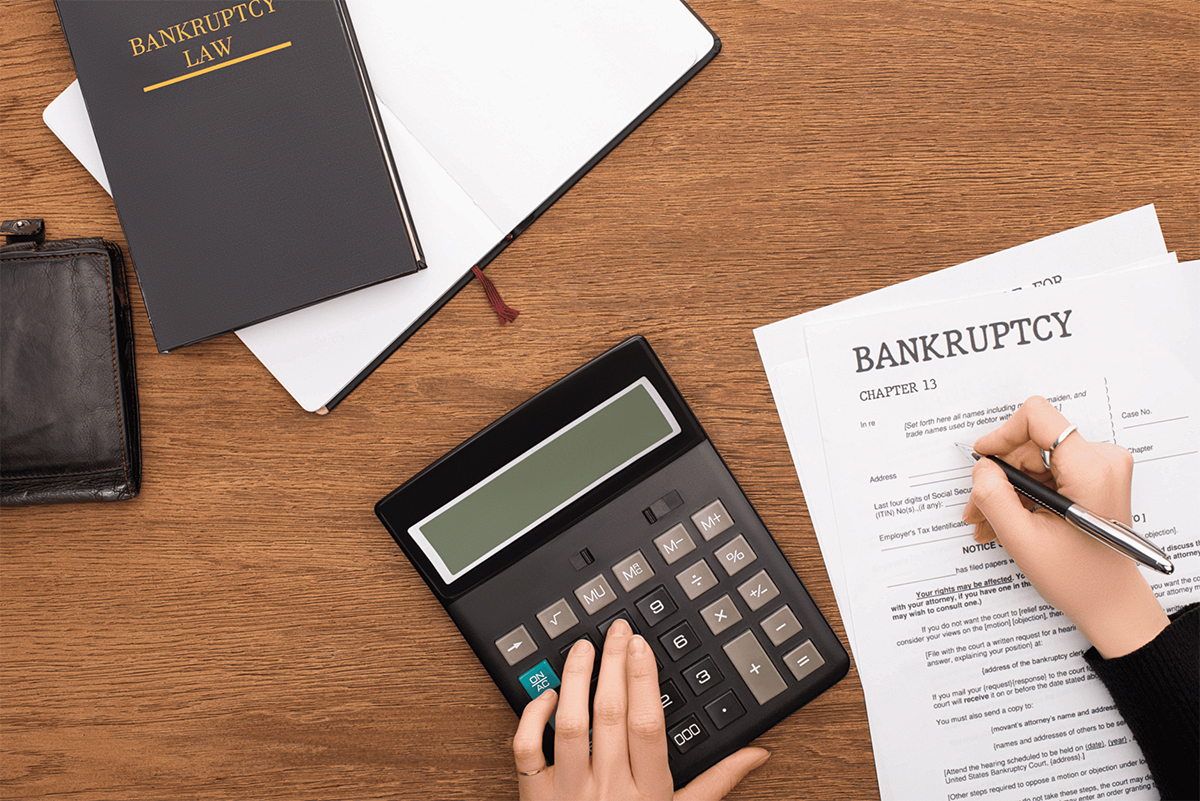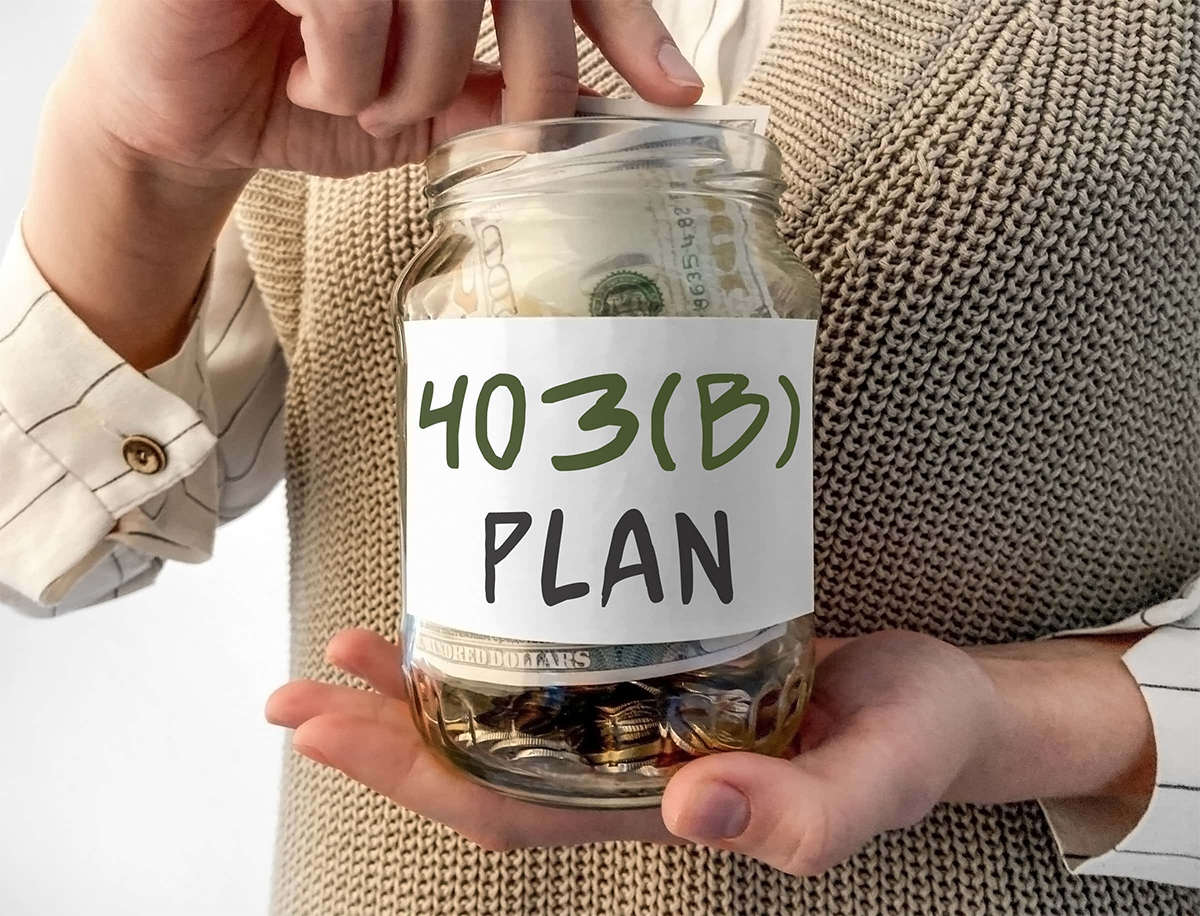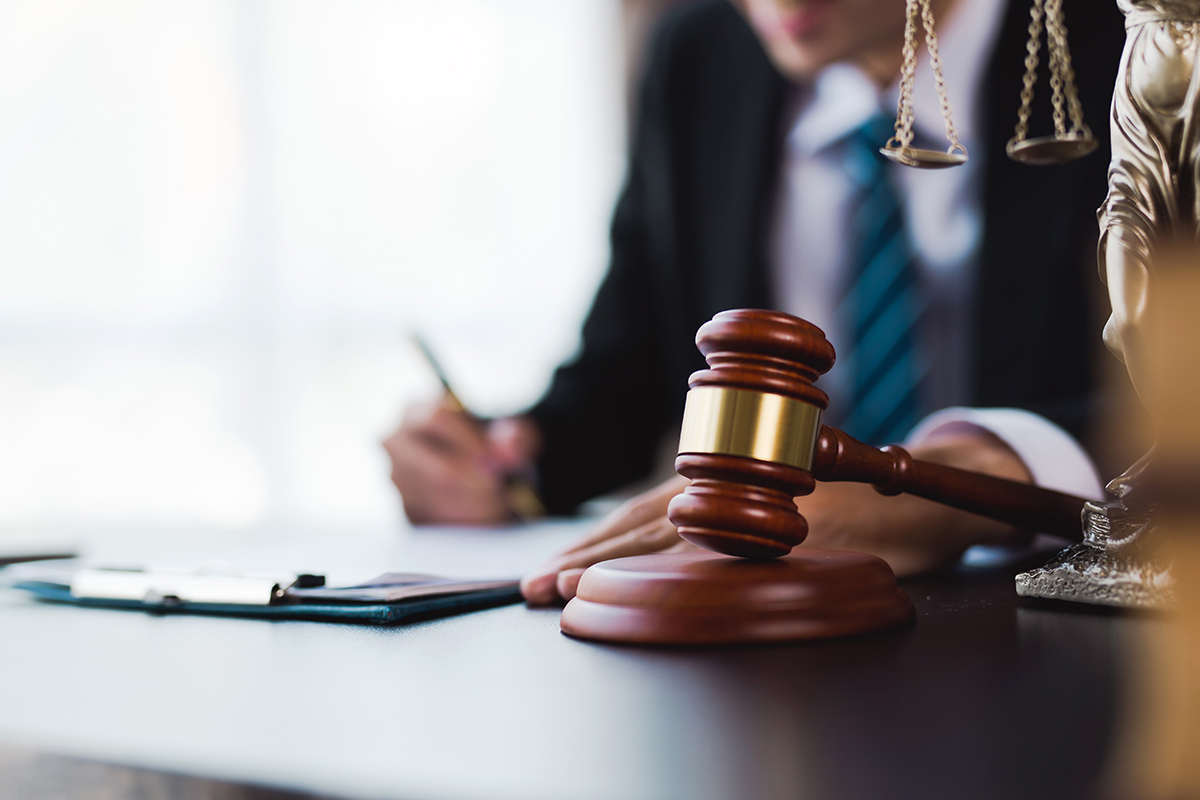Protecting Retirement Savings in Bankruptcy in Detroit
More folks over the age of 65 are now going bankrupt. In fact, the number of people from this age group going through this is three times higher than it was back in 1991. These days, they make up 12% of all those who file for bankruptcy, compared to just 2% over 30 years ago. [1]
Dealing with possible financial problems in Michigan might make someone think about taking out money from their retirement savings or maybe filing for bankruptcy. This is a valid fear, however, the law provides certain cushions to help a senior person navigate through a bankruptcy situation.
What Are the Michigan Bankruptcy Exemption Timing Rules?
When a person thinks about filing for bankruptcy, they might want to move to a state where the rules are more in their favor. But the system does not allow this to be done easily. To stop people from taking advantage of the rules, a person needs to have lived in the state for at least two years. If they haven’t, then the rules from the last state they lived in will still apply.
Here’s how this works.
If someone has made their home in the current state for at least two years, they can follow that state’s rules. Some states might let them choose between the state’s rules and the federal ones, if allowed.
But if a person hasn’t been in the same place for the last two years, things get a bit tricky. The person will have to use the rules of the state where they spent the most time during the 180 days right before the two years leading up to filing.
Are Retirement Savings Safe During a Detroit Bankruptcy?
When people think about going bankrupt, they often worry about their hard-earned retirement money. However, it is important to know that Detroit bankruptcy does not automatically take away retirement savings, whether it is Chapter 7 or Chapter 13 bankruptcy.
In most cases, retirement money is kept safe to make sure people have something to rely on when they are older.
If a person is drowning in medical bills or credit card debt, bankruptcy can offer some blessed relief. There are two options – Chapter 13 and Chapter 7. Both Chapter 7 and Chapter 13 bankruptcy offer some protection for retirement accounts, so a person can usually keep a good portion of their savings.

Chapter 7
In Chapter 7 bankruptcy, most of a person’s things are sold off to pay back what they owe, but some things, like retirement accounts, are protected from this. Federal bankruptcy laws help protect a certain amount of money in these accounts so they do not get used to pay off debts.
Federally, according to 11 USC §§ 522(b)(3)(C),(b)(3)(C)(n), most retirement accounts are protected, with a limit of $1,512,350.00 per person. These retirement accounts are exempt under the federal rules even if the filer uses state exemptions. But if a person has more than this amount, anything extra might go to their creditors.
Chapter 13
Chapter 13 bankruptcy is different because it is about making a plan to pay back what a person owes over time, usually over three to five years, without selling their stuff. This means that, like in Chapter 7, a person’s retirement accounts are protected, letting them keep their retirement savings while they work on paying back their debts.
Retirement Savings and Bankruptcy
A 401(k) is a retirement savings account that many people get through their job, where they can save part of their pay before taxes. In bankruptcy, both Chapter 7 and Chapter 13, the rules around 401(k)s are generally good for the person who owns the account. Here is how it works:
Chapter 7
Federal laws offer strong protection for some types of property, like 401(k) accounts. These accounts are usually safe from being taken to pay off debts. The Employee Retirement Income Security Act (ERISA) helps protect these accounts in bankruptcy, so people can often keep their retirement savings even if they are facing money problems. [3]
Chapter 13
Just like in Chapter 7 bankruptcy, 401(k) accounts are protected in Chapter 13. People can usually keep their 401(k) savings safe while they follow a plan to pay back what they owe, which helps keep their future financial situation stable. [3]

Are There Other Retirement Plans That Are Safe From Bankruptcy?
In bankruptcy, there are other retirement plans that are also protected, helping people keep their savings. Besides 401(k) accounts and IRAs, other retirement accounts are often protected. Here are some examples:
- 403(b) Plans: These are similar to 401(k) plans and are also protected in bankruptcy. They are usually for people working in schools or nonprofit places.
- Defined Benefit Plans: These are pension plans that promise a certain amount of money when the person retires. They are also usually protected in bankruptcy.
- Profit-Sharing Plans: These plans let employers share some of their profits with their employees by putting money into retirement accounts. These plans are usually safe from bankruptcy.

Should A Person Take out Retirement Savings or Keep Them During Bankruptcy?
Taking money out of the retirement savings instead of filing for bankruptcy is a choice that needs careful thinking. While it might give the person money right away to deal with financial problems, it can have serious downsides and might hurt them in the long run. Here are some things to think about:
- Tax Issues: If the person takes out money from their retirement account early, especially before they are 60, they might have to pay taxes and a penalty, which can really cut into the money they get.
- Hurting Future Finances: Retirement savings are meant to help people when they are older. Taking this money out too early could make their future financial situation tough, leaving them with not enough money to live on during retirement.
- Bankruptcy Protection: Retirement accounts are usually protected in bankruptcy, so people can keep some of their savings while they work through their financial problems. Bankruptcy can give people a legal way to deal with debts while keeping important things like their savings.
- Impact on Credit Score: Bankruptcy can hurt their credit score
Some Tips for Not Losing Money When Filing for Bankruptcy
Here are some tips to help make sure a person does not lose money from their checking or savings accounts when filing for bankruptcy.
- A person should have a bank account that is in good shape before starting the bankruptcy process.
- If someone owes money to their current bank, they might want to open a new account at a different bank.
- It is wise to keep any protected money in a separate account.
- Nonprotected funds can be used for bills, car repairs, or clothes purchases. It is good to keep records and not pay for things too far in advance.
- Before filing for bankruptcy, make sure that all charges have cleared from the account and that the balance is low, at least a day ahead.
If you need guidance to manage your retirement savings during bankruptcy in Detroit, call Frego & Associates today.

FAQs
Retirement savings, such as 401(k)s and IRAs, are generally protected during bankruptcy under federal laws. This ensures you can retain these funds even when facing financial difficulties.
Yes, 401(k) accounts are typically safe from creditors in both Chapter 7 and Chapter 13 bankruptcies. ERISA and federal bankruptcy laws provide strong protections for these accounts.
You must live in Michigan for at least two years to use its bankruptcy exemptions. If not, the rules from your previous state of residence apply.
Sources:
[1] Copeland, L. (2018, August 9). As Health and Financial Challenges Grow, More Older Adults File for Bankruptcy. Medicare Rights Center. https://www.medicarerights.org/medicare-watch/2018/08/09/blog-health-financial-challenges-grow-older-adults-file-bankruptcy
[2] Guinan, K. (2023, November 2). Is 401(k) safe in bankruptcy? Bankrate. https://www.bankrate.com/personal-finance/debt/401k-safe-bankruptcy




